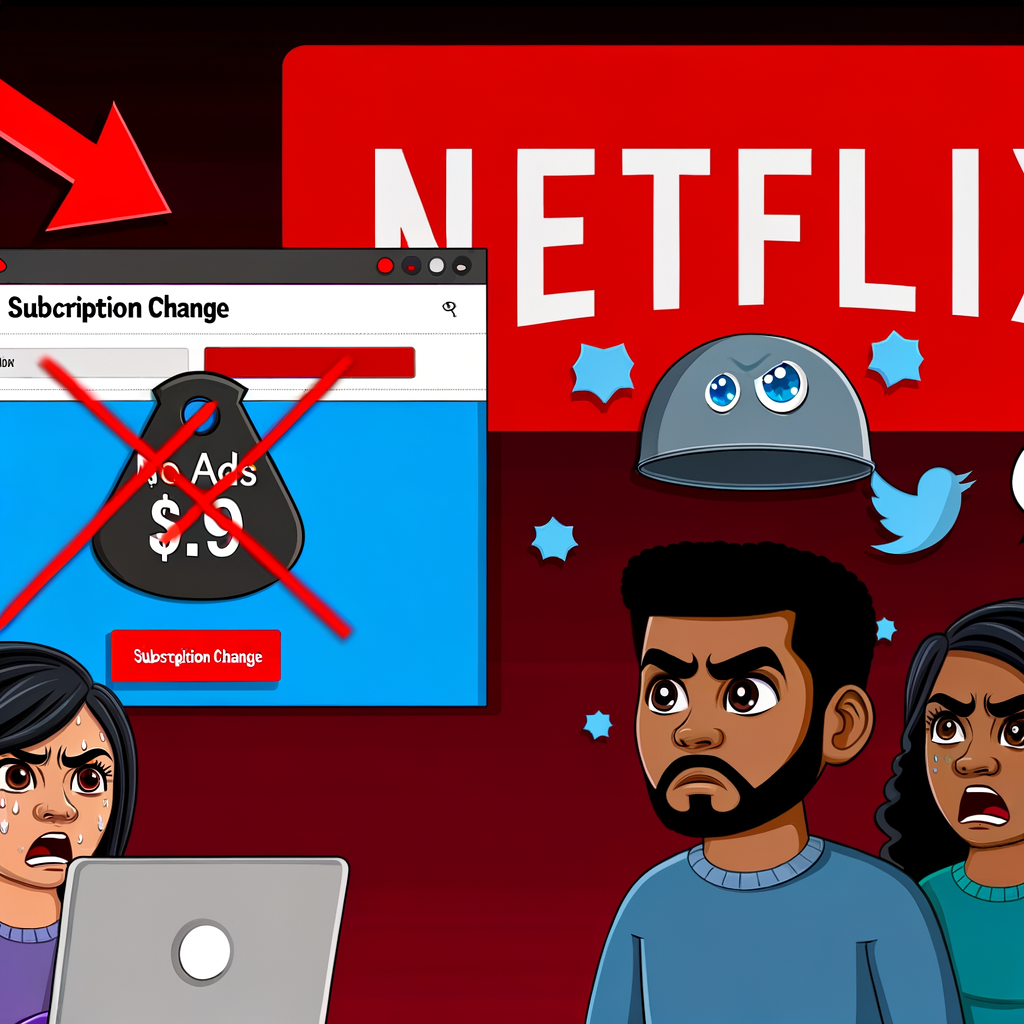Alberto Fujimori, Ex-Peruvian President Dies at 86
Alberto Fujimori, a controversial figure in Peruvian politics, has passed away at the age of 86. Fujimori, who served as the President of Peru from 1990 to 2000, leaves behind a legacy marked by both significant achievements and considerable controversies.
Early Life and Political Ascent
Born on July 28, 1938, in Lima, Peru, Alberto Fujimori was the son of Japanese immigrants. He pursued his higher education in Peru and later in France, earning a degree in mathematics. Before stepping into the political world, Fujimori worked as an academic, serving as the rector of the National Agrarian University in Lima.
The Rise to Presidency
Fujimori’s political career began somewhat unexpectedly. His victory in the 1990 presidential election was an upset, where he defeated the renowned writer Mario Vargas Llosa. His campaign was built on promises of economic reform and combating terrorism, both critical issues in Peru at the time.
Presidency: Achievements and Controversies
- Economic Reforms: Fujimori implemented a series of neoliberal economic policies that helped stabilize Peru’s economy, which was plagued by hyperinflation. His administration’s free-market approach attracted foreign investment and set the country on a path of economic recovery.
- Counter-Terrorism: His administration is credited with defeating the Maoist guerrilla group Shining Path (Sendero Luminoso), which had brought significant turmoil and violence. The successful capture of its leader, Abimael Guzmán, in 1992, was a major turning point.
However, Fujimori’s tenure was fraught with considerable controversies. He dissolved Congress in a self-coup (known as “autogolpe”) in 1992, which was condemned internationally but bolstered his control over the government. Additionally, his administration faced numerous allegations of human rights abuses and corruption.
Human Rights Violations
Fujimori’s regime has been criticized for its heavy-handed tactics during the fight against terrorist groups. Human rights organizations have documented numerous incidents of state-sponsored violence, including extrajudicial killings and forced disappearances. In particular, the sterilization of thousands of indigenous women without their consent, as part of a family planning campaign, remains one of the darkest chapters of his presidency.
Corruption Allegations
Corruption became a hallmark of Fujimori’s presidency, with the mastermind being his intelligence chief, Vladimiro Montesinos. Montesinos was known for bribing politicians, judges, and media moguls to ensure the regime remained unchallenged. The regime’s extensive corruption network was exposed, leading to Fujimori’s downfall.
Downfall and Exile
In 2000, videos showing Montesinos bribing politicians and entrepreneurs were publicly leaked, sparking widespread outrage. Fujimori fled to Japan, his parents’ homeland, and submitted his resignation via fax, which the Peruvian Congress refused. He lived in exile until he made an unexpected trip to Chile in 2005, which resulted in his arrest.
Trial and Conviction
Fujimori was extradited to Peru in 2007, where he faced trials for human rights violations and corruption. The most significant charges included ordering the La Cantuta and Barrios Altos massacres, where security forces killed civilians under the guise of fighting terrorism. In 2009, he was sentenced to 25 years in prison for these crimes.
A Legacy of Division
Even in his final years, Fujimori remained a polarizing figure in Peru. To some, he is a hero who saved the country from economic collapse and terrorism. For others, he is an autocrat who abused his power and violated human rights. His daughter, Keiko Fujimori, continues to be a prominent political figure in Peru, often defending her father’s legacy.
- Hero to Some: Many Peruvians remember Fujimori as the president who brought stability during turbulent times. His economic reforms and tough stance on terrorism earned him significant support, particularly among the business community and urban residents.
- Villain to Others: Human rights activists and the families of victims of state violence view his tenure as a period of darkness. The abuses committed under his rule have left deep scars in Peruvian society.
Conclusion
Alberto Fujimori’s death marks the end of a contentious and impactful chapter in Peruvian history. His presidency, characterized by profound economic changes and severe political strife, continues to influence Peru’s political landscape. As the nation reflects on his life and legacy, the debate over his true impact will no doubt persist.
Though he is gone, the memory of his rule, with its mix of progress and peril, will be a subject of analysis and discussion for years to come. Alberto Fujimori remains a symbol of the complex and often contradictory nature of leadership, emblematic of both the potential for change and the dangers of unchecked power.
As Peru moves forward, the lessons from Fujimori’s presidency will undoubtedly play a crucial role in shaping the future of governance and justice in the country.



